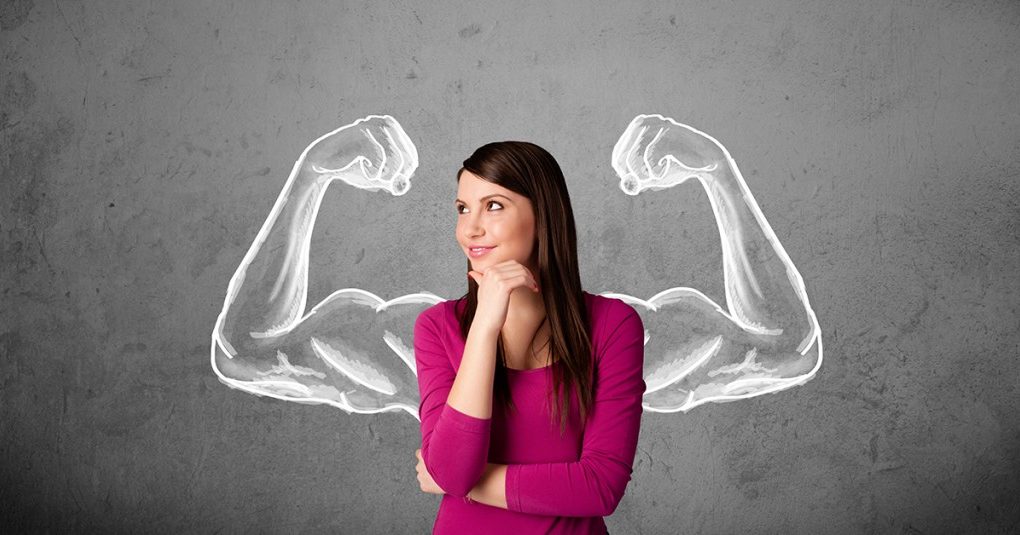The concept of the “independent woman” has been widely celebrated in recent times, often equating independence with economic self-sufficiency and a rejection of traditional gender roles. However, this narrow view overlooks the balance between independence and interdependence. This article explores the Islamic perspective on women’s independence, using the example of Hazrat Khadija (SA) to challenge the modern interpretation.
✍| By Ms. Mahdieh Manafi
I once saw a clip that made an interesting point: “When men achieve financial independence, they tend to start families, while women, on the contrary, with economic independence, think about divorce!”
It’s a true statement that can be easily verified by looking around us. Women who, upon becoming employed and achieving an income, have given up on marriage, or men who, with their wife’s income, have eased their burden of financially supporting the woman.
Hazrat Khadija (SA) and the Feminist Interpretation
The idea of an independent woman is an idea that Muslim feminists define with the example of Hazrat Khadija, but is this view compatible with Hazrat Khadija’s lifestyle and approach? A woman’s entry into the economic arena as a source of power and the elimination of the man as the woman’s financial supporter are two important axes in defining the independent woman as feminists see it.
The “Independent Woman”: A Materialistic Definition
With this definition, a woman who is under the economic support of a man is considered dependent and weak, and that is why housekeeping is considered worthless in this approach because a housewife does not produce material economic value that can be calculated in exchange for money.
Islam and Women’s Economic Rights: Zakat as an Example
In the Islamic approach, a woman is allowed to acquire property, and various economic rights have been defined for her, to the extent that she is obligated to pay zakat (alms) just like men. If it were not for production and entering the economic arena, there would be no need for women to pay zakat.

Economic Roles and Male Authority in the Islamic Perspective
However, when one of the pillars of men’s authority in the family is based on verse 34 of Surah Nisa, “because of what they spend,” and the man’s economic role in relation to the woman, meaning that one of the important aspects of the man’s role in the family in relation to the woman is economic, then some interpreters, including Ayatollah Javadi Amoli, believe that a man whose economic role in the family has been eliminated, his authority has been compromised.
In the hadiths that describe the situation of women and men in the end times, one of the central themes is the masculinization of women and the feminization of men. This is something that we have summarized in appearance and clothing, but the truth of this hadith is in changing roles and losing femininity and masculinity
The “Daddy Shift” and the Reversal of Traditional Roles
What is evident in the approach of “independent women” is nothing but the elimination of the important role of men in the family and the reversal of roles, to the point that Jeremy Adam Smith mentions it in his book “The Daddy Shift: How Stay-at-Home Dads, Breadwinning Moms, and Shared Parenting Are Transforming American Family Life“.
This is contrary to the conduct and behavior of Hazrat Khadija in her family role in relation to the Prophet (PBUH). Her holiness, while entering the economic arena, did not deny her femininity and did not question the authority of her husband.
End Times Prophecies: The Breadwinning Woman
Interestingly, in the hadiths that describe the situation of women and men in the end times, one of the central themes is the masculinization of women and the feminization of men. This is something that we have summarized in appearance and clothing, but the truth of this hadith is in changing roles and losing femininity and masculinity, to the point that another hadith says that in the end times, women will be the breadwinners for men.
Reclaiming Hazrat Khadija’s (SA) Legacy
Today, as we commemorate Hazrat Khadija (SA), it is better to cleanse her existence from the modern definitions that have been attributed to her in recent years with a correct and Islamic basis and to recognize womanhood as it is, with the advantages that the Creator has considered for her in the system of creation, not a woman who is devoid of womanhood and defines herself as independent of the man who complements her in marriage.


